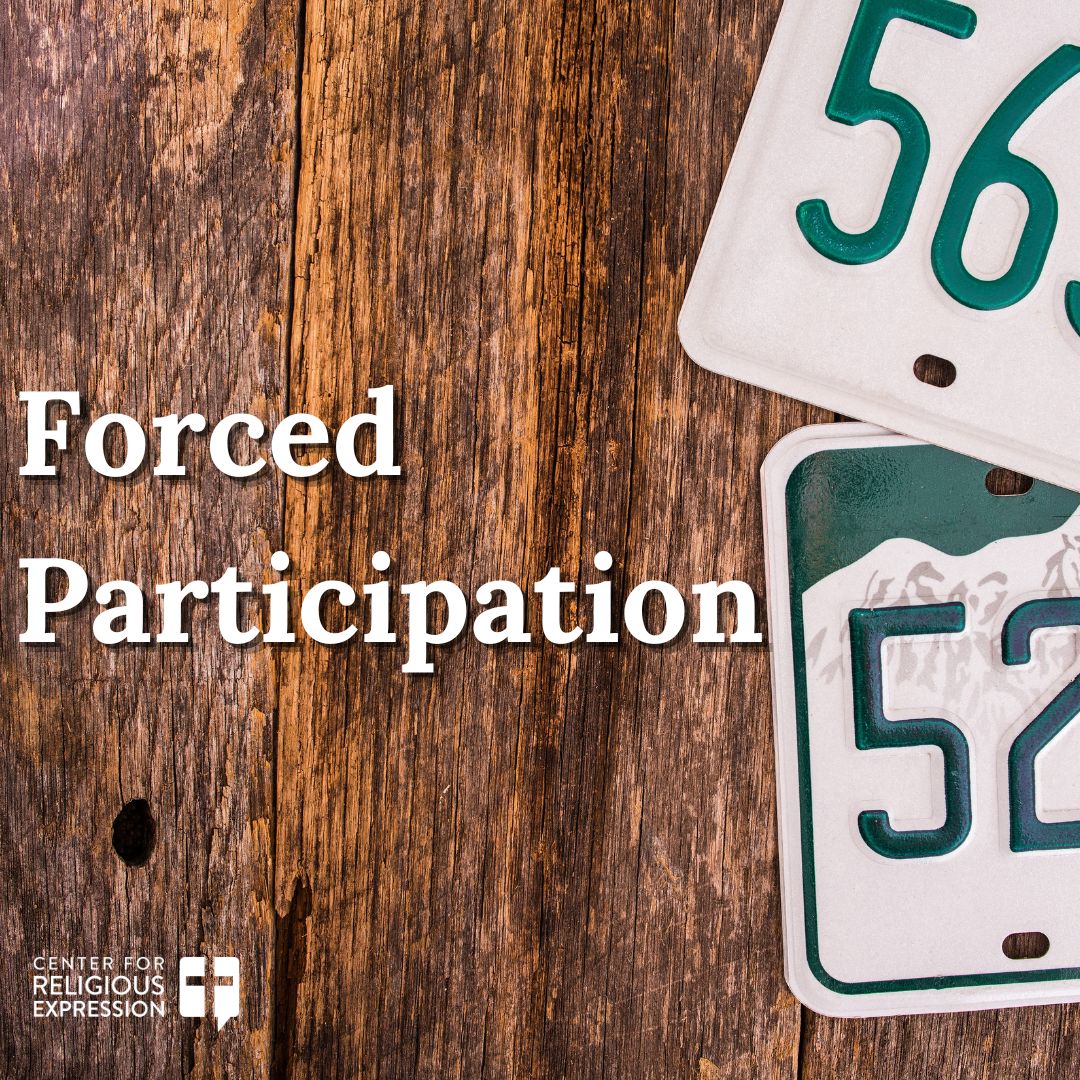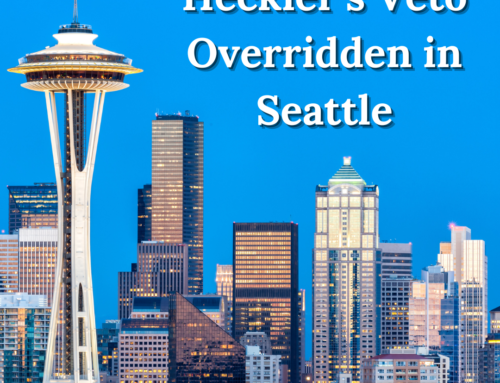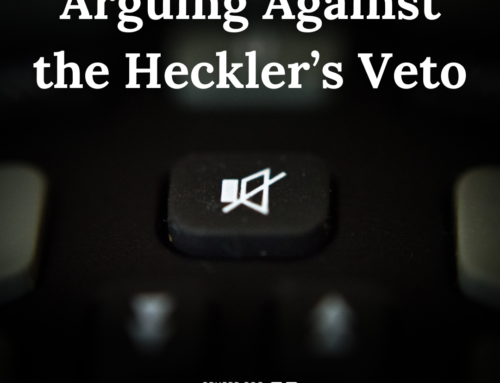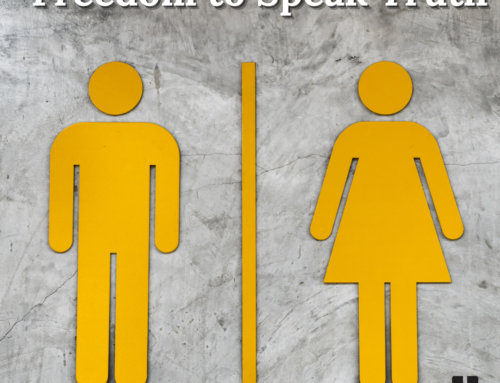No Christian, nor anyone else, should ever be compelled to speak or act in a way that would go against conscience or advance an idea they find objectionable. For this reason, caterers should not be obliged to provide food, bakers should not be constrained to make cakes, and photographers should not be made to take pictures, for same-sex weddings they believe are an affront to their religious beliefs. Employers should not be required to supply abortion-inducing drugs as part of their health care coverage when it would betray their missions.
In the same way, Oklahoma Pastor Keith Cressman should not be coerced to display an image on his car – an image that flies in the face of his earnestly-held Christian beliefs – against his will.
The standard Oklahoma license plate, introduced in 2009, depicts a statue of a Native American shooting an arrow toward the sky. Based on a sculpture entitled “Sacred Rain Arrow,” the image illustrates a story of an Apache warrior shooting arrows blessed by a medicine man toward the clouds to end a drought.
Cressman doesn’t believe in the myth and doesn’t want to promote it.
As a Christian pastor called to ministry in an area steeped in Native American tradition, he frequently encounters individuals who cling to these beliefs, and he tries to convince them to castoff myths and accept the truth of the gospel.
While the State is free to market itself via use of the “Sacred Rain Arrow” image, Cressman objected to being a mobile billboard for the State’s purposes, particularly, when it requires him to communicate a message that he does not want to convey.
So, when the new license plate was introduced, Cressman initially purchased a specialty license plate. The specialty plate cost $37 more than the standard plate and had a $35 renewal fee. He later purchased a cheaper specialty license plate, but eventually, Cressman decided he no longer wanted to pay additional fees for to avoid display of the objectionable message.
Cressman thought about covering up the image, without obscuring any of the letters, tags, or identifying markers on the license plate. Before doing so, he presented the idea to officials with the Department of Public Safety, but they promptly informed him that covering up any part of the license plate — even if the letters and tags are visible — violated state law. In an effort to avoid litigation, Cressman, through counsel, wrote various state officials and asked for accommodation, but none was forthcoming.
Options ought to be available for Cressman. For example, citizens in the District of Columbia who object to the standard “Taxation Without Representation” tag, can request an alternate tag that reads www.dc.gov at no additional cost. In Indiana, in lieu of the standard plate, a driver can obtain a license plate stating “In God We Trust” for the same fee.
The lingering problem for Cressman is not that he has to see the image, but he has to display it. With his lawsuit, Cressman is not seeking to change anyone else’s license plate; he only wants to avoid placement of the image on his car against his will.
At first, a federal district court judge dismissed the case, but last week, the U.S. Court of Appeals for the 10th Circuit reversed the dismissal and called for the case to be heard and fully considered.
No one should be forced to communicate a religious belief they do not hold. This compelled speech is a violation of conscience, and has long been condemned by the Supreme Court as a first amendment violation.
At CRE, we are proud to represent Pastor Cressman. We look forward to the day when he will be free to say what he wants to say.
Posted by Nate Kellum






